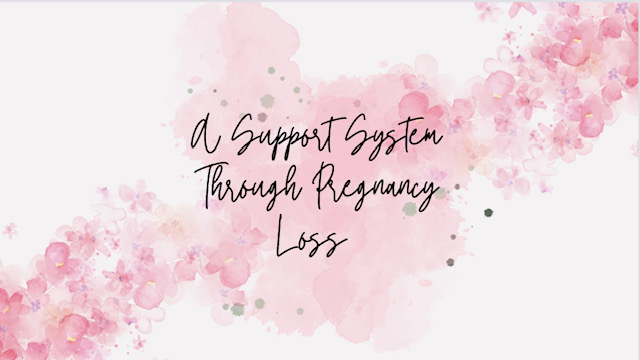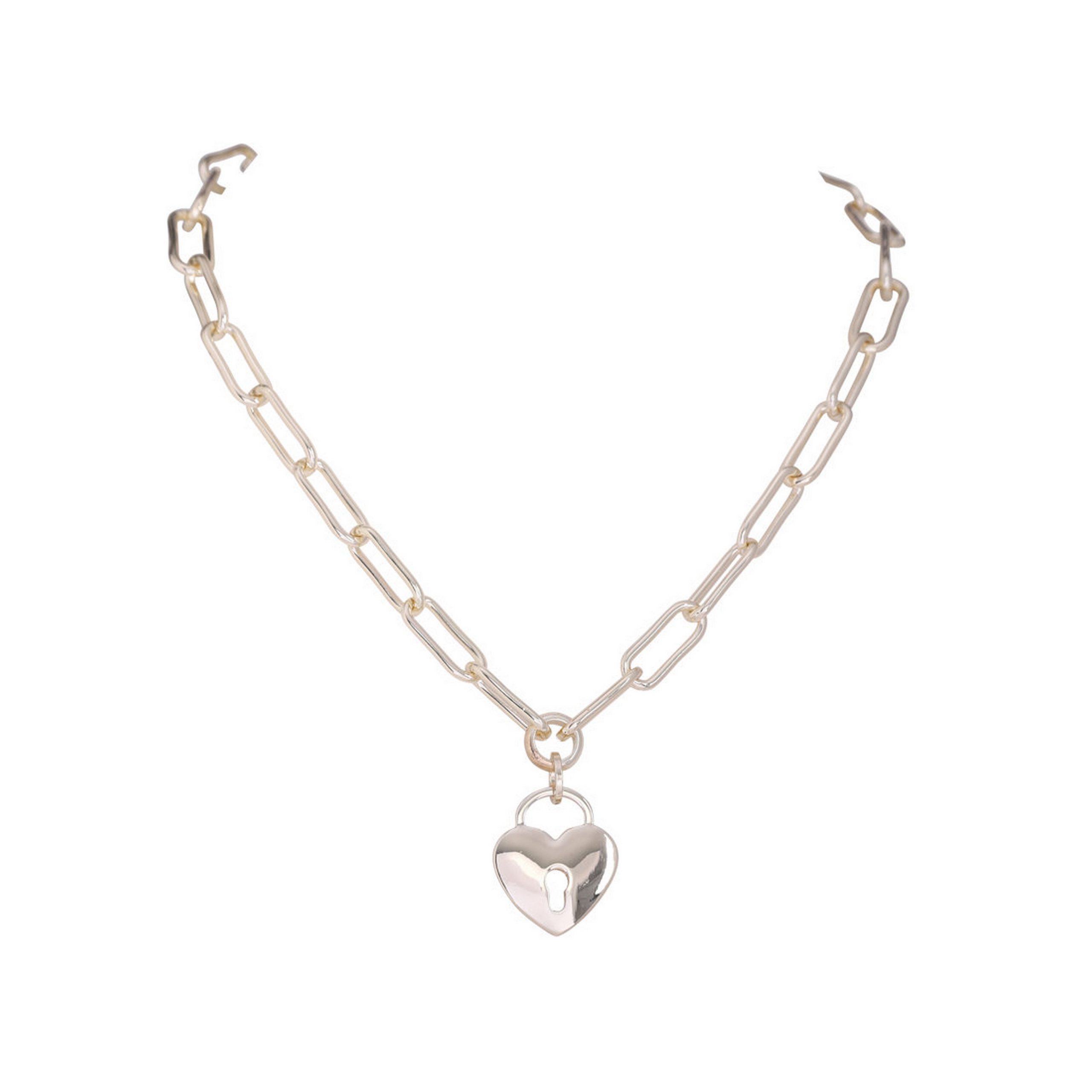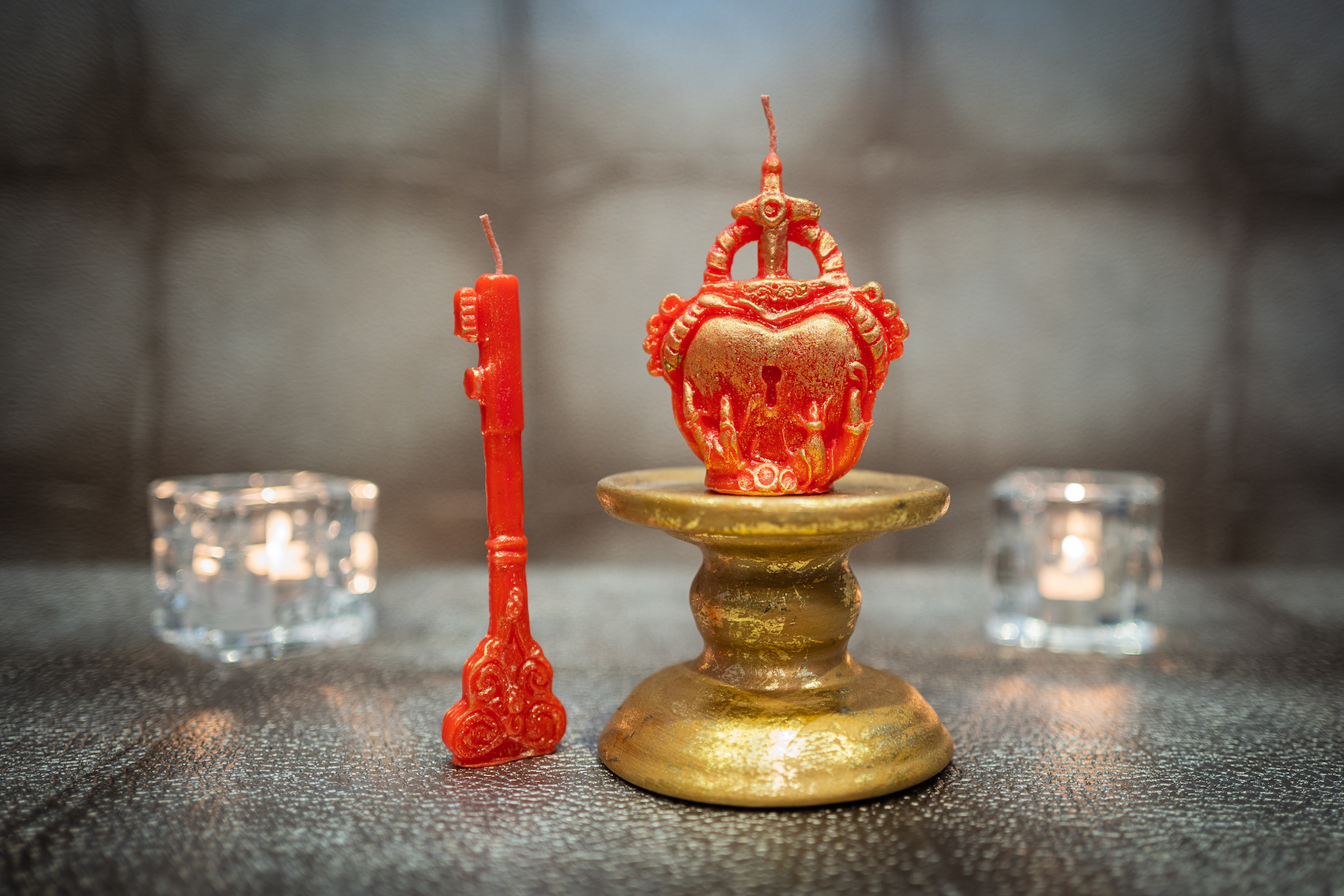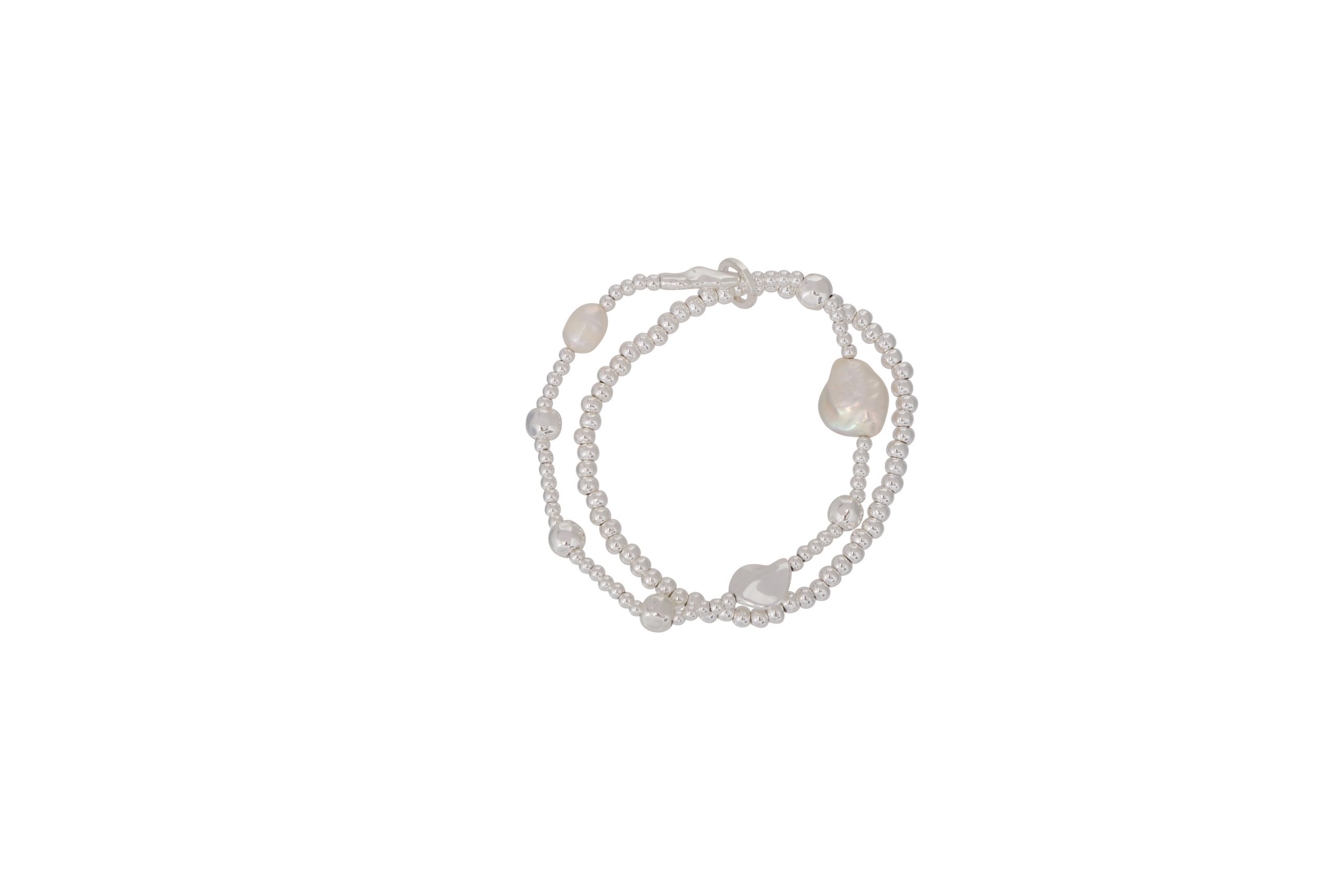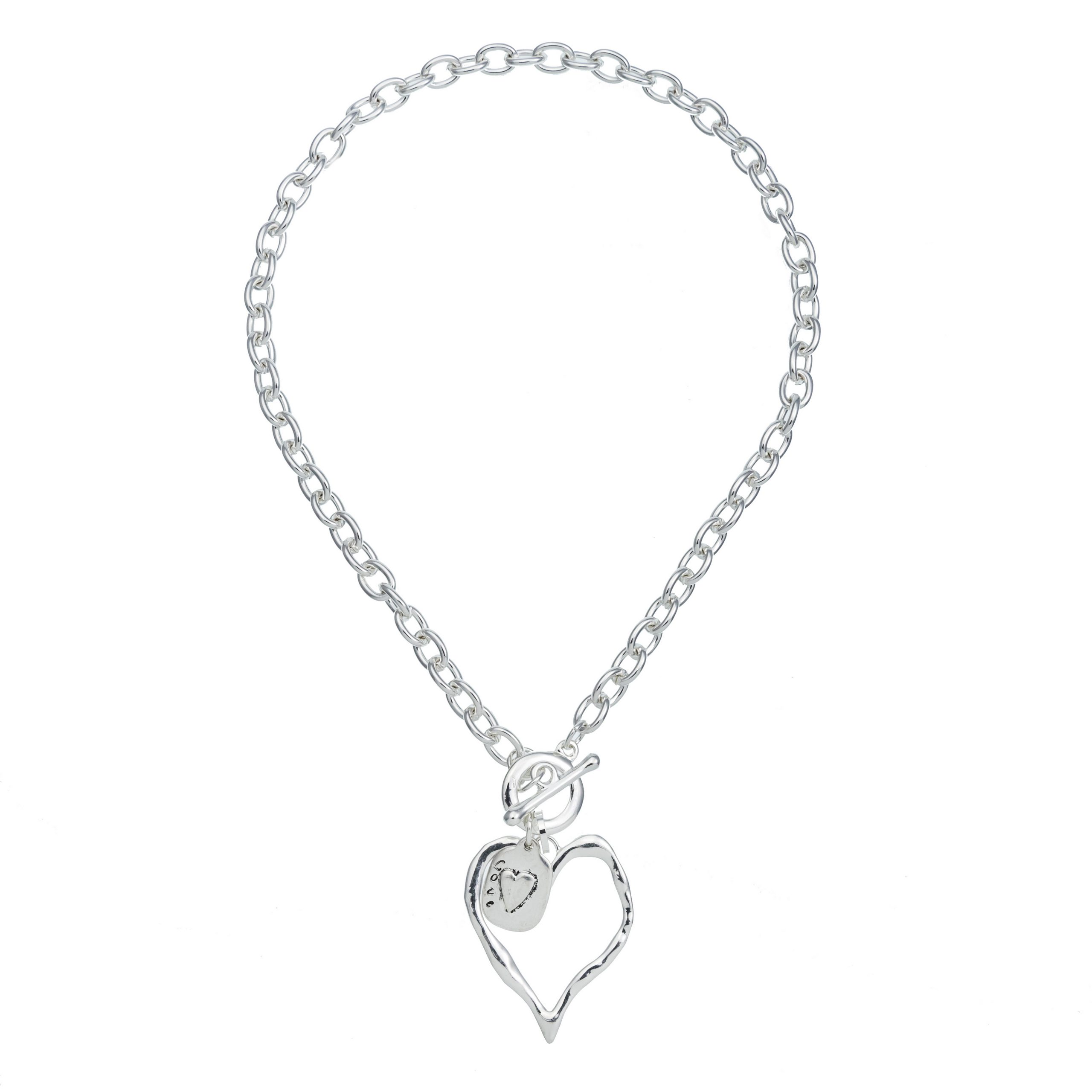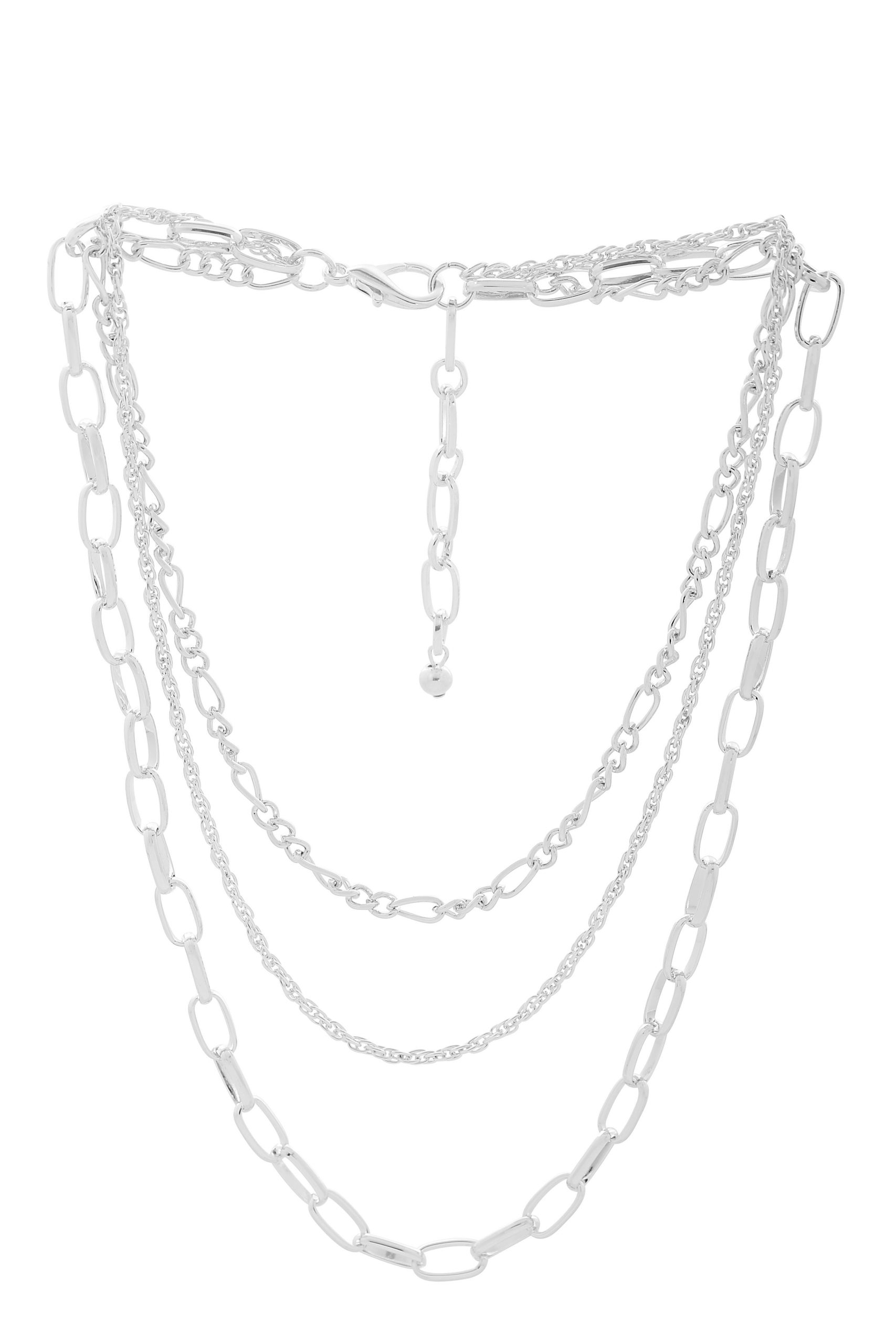I’m not usually a fan of reality television. ‘Keeping Up With The Kardashians used to be my guilty pleasure whenever I was on vacation. Once I signed up for Netflix, though, it seemed like all I watched was reality TV. One of the shows I watched was ‘Selling Sunset.’ It’s the type of show that’s a complete waste of time, but you watch anyway exactly for that – to waste time. I’m not proud of myself to admit to you that I wasted a whole 7 seasons of the show worth of time.
For the most part, ‘Selling Sunset’ was background noise for me while I wrote content for either this blog or my outsourced clients. But I never took it seriously. I initially thought the show would show the business side of real estate. Instead, though, it was all about the drama that surrounded the real estate agents, who are all women in their 30’s and 40’s. I’m just surprised that all of these women had time to work with the amount of drama they had themselves involved in. The one time I ever saw real, raw emotion from any of the ‘characters’ on the show was when Chrishell learned that she was getting a divorce.
I expected nothing more and nothing less out of season 7 of ‘Selling Sunset.’ I must admit, though, this latest season of the show surprised me. I’m just glad I didn’t give up on the show when I initially wanted to, because then I wouldn’t have watched one specific story-line that I, and so many other women out there in the world who might’ve watched the show, could relate to. It’s a story-line that is still stigmatized and isn’t talked about enough. I’m specifically speaking of Mary’s miscarriage.
Mary Fitzgerald has been with the Oppenheim Group since the very beginning. Throughout the show’s seven seasons, we learned that the OG Real Estate agent had her first child when she was just 15 years old and raised him as a single mother, she was married twice before, with her first marriage leaving her to be a widow, she once dated her boss, Jason, she’s now married to a much-younger-man, and she has gone through fertility treatments to start a family with him.
The previous seasons saw Mary’s relationship with Romain grow from them dating to them being engaged to them getting married to them discussing starting a family together to them starting family planning. Season 7 started out with Mary doing a pregnancy test at home and her and Romain surprisingly finding out that they were expecting a baby. The beginning of the season was blissful for the couple, and Mary was absolutely glowing as an expecting mother. She didn’t think it would happen so soon for them considering her age. Their happiness was short-lived, however, as Mary suffered a septic miscarriage by episode 6.
The producers of ‘Selling Sunset’ initially wanted to film Mary finding out she miscarried the baby so they could that first raw emotion of pregnancy loss, but Romain didn’t allow them in their house and asked them to give Mary time to grieve her loss. They respected that wish, so they came to their house to film the next morning instead. Personally, I wish they did show her grieving that first night, because as someone who’d gone through infertility and miscarriage, I wanted to see someone go through that raw emotion you first feel when you find out you lost a pregnancy. Some time had passed since my pregnancy loss, and yet I still feel somewhat crazy for having gone through all those initial emotions and thoughts running through my head. I thought I was crazy. But after watching Mary’s story-line this season, I realized I was anything but crazy, and that was a relief.
As I watched the scene where Mary’s best friend, Amanza, comes over to her and Romain’s place following the miscarriage, I couldn’t help but tear up. It was sad, fresh, and touching all at the same time. It showed the true meaning and the real definition of someone supporting their friends through their infertility struggles. Of course, she asked if Mary was okay and allowed Mary to let her feelings out. Bu she also asked how Romain was doing. Asking a man how he’s doing when his partner had a miscarriage is unheard of; at least for me. When it comes to infertility, most people, if not all, consider women and solely women going through it. The truth of the matter is, however, it’s both women AND men that go through infertility struggles and any treatments, whether it’s IUI, IVF or other. Men might not go through the physical aspects of infertility, but they certainly go through the emotional and mental aspects of infertility. That’s not something that should ever be forgotten or ignored. Sadly, though, it is 99% of the time. Seeing that Amanza was part of that 1% was refreshing.
The talk of pregnancy loss didn’t end there. When the rest of the agents spoke of Mary’s pregnancy loss at their workplace, they talked about what the best way to support their friend and co-worker would be based on their own experience. Not surprisingly, most of them have gone through pregnancy losses of their own, and at that moment, they felt comfortable enough and vulnerable enough to share their own experiences with loss, because someone who’s close to them is going through it now and they can relate to her feelings. They all agreed that there’s no right or wrong way to support Mary at this difficult time, but that they should all give her the time and space to grieve her loss. And so, they each gave Mary that time to grieve, and they each supported in their own way.
I usually avoid any reunion specials because they’re so boring and cringe-worthy. If you’re a fan of ‘Love Is Blind’ and watched their reunion shows, especially the ones from season 2 and 4, you probably know exactly what I’m talking about. The reunion show of ‘Selling Sunset’ was hosted by Tan France, who appears on ‘Queer Eye’. I’d heard a lot about him in the media, but up until the reunion show, I never saw any of his work. The reunion show was an hour an a half long, which was more than I signed up for. But now that I have child, I have some time to spare on Saturday mornings when I take care of him while my husband sleeps.
This reunion show really surprised me. I was surprised at how good it was. It was fun, entertaining, and even educational. But it was also heartwarming towards the very end of the show. France asked Mary how she was doing post-miscarriage. With that being said, he was absolutely trying to be as respectful as he possibly could with that question. All Mary could do at that moment was say, ‘I’m fine,’ while tearing up and trying to keep it together for the cameras. As soon as he saw her on the verge of breaking down, France said that would be the only thing he’d ask her about her pregnancy loss, and he kept up with that promise. He immoderately moved onto the next topic of discussion.
I hate calling this a story-line as Mary is a real person with real struggles and a real heartbreak. Therefore, I’m going to call this a story. Watching Mary’s pregnancy and loss story unfold on ‘Selling Sunset’ was bittersweet. Seeing someone else go through what I previously went through showed me that I wasn’t crazy. I thought I was crazy for feeling how I felt, but now I know that I wasn’t, and it’s all thanks to Mary being okay with having her story unfold on camera. Any feelings I ever had when I miscarried, as well as afterwards, were valid. No matter what they were, or what they are, they were, and are still, valid.
Having shown the story of someone close to a group of people, both in their personal life and their professional life, can show others the best way to support a woman (and a man) through pregnancy loss. The beautiful thing about having shown Amanza ask Romain how he was feeling following Mary’s pregnancy loss was a big reminder that it’s not just the women that go through the heartbreak of infertility and pregnancy loss, and it’s important to check up on them as well. Having the other women open up about their pregnancy losses was a reminder that a pregnancy loss can happen to literally anyone, and if a woman goes through anything like this, it’s not the woman’s fault whatsoever, and there’s absolutely nothing wrong with her body. Miscarriages just happen. Seeing how Mary coped with her pregnancy loss thereafter was a reminder that there are different ways to deal and to cope. Her ways weren’t anything like how I’d coped with my pregnancy losses, and that’s okay. People are different. We just gotta go through our feelings and grieve in our own ways. And seeing Mary’s co-workers support Mary through loss was a beautiful thing as well, because they all did it differently, and it didn’t matter whether they actually went through it themselves or not. They supported her in the ways they knew how to, and Mary accepted all of those ways with a warm hug.
It’s important to note that Mary’s story was also a testament to how a business can support a woman who’s employed in the business can support her throughout the loss. The bosses at Oppenheim Group, Jason and Brett, gave Mary all the time she needed to stay home and go through whatever she needed to go through without having the stress of work to add to that, which is more than what I can say about a lot of companies for people who aren’t even celebrities or those who aren’t on the upper-scale level, but more of the middle-class. That’s especially the case when men are the ones in authority. We’ve heard of instances where women asked for time off work after suffering a pregnancy loss, and they were only given a couple of days off.
But that’s just not how grief works. It’s not like it’s a vacation. It doesn’t matter whether it’s a company that’s on the rich side or middle class side. Nothing is an excuse for being a condescending a$$ of a male boss who has no empathy whatsoever. And watching Tan France have so much respect and empathy towards Mary when asking her about her miscarriage just showed that you don’t have to know a person well to show support for someone who’s suffered a pregnancy loss. And no; it doesn’t matter that he’s gay. He’s a human being showing support for another human being. It really doesn’t take science to do so.
- Emma Nelson: An In-Depth Analysis As To Why She Wasn’t Ever A Good Friend To Manny Santos And Liberty Van Zandt – And Why The Ending To Her Character Arc Wasn’t Actually A ‘Happy Ending’
- Danielle Fishel: Getting To Know Her As A Woman Through Her Connections With Ben Savage, Trina McGee, And Maitland Ward – And What Each Friction Tells Us About The Other Person
- Taylor Swift: The Real Beauty And Value In Age-Gap Friendships – And Why They’re Actually Necessary For A Woman’s Growth
- Scarlett O’Connor: How Her Entire Character Arc On ‘Nashville’ Was Doomed From The Start – And How Clare Bowen’s Own Autism Diagnosis Could’ve Been The One Key Component To Changing That Narrative
- Juliette Barnes: An In-Depth Analysis Of The Relatability And Complexity Of Her Character Arc When We First Met Her- And What The Sloppy End Of Her Story On ‘Nashville’ Meant To Women Everywhere
Sign up to our newsletter if you want to see more content from The Graceful Boon! By signing up to our newsletter, you'll get an even more in-depth content from yours truly, Stacie Kiselman, who's our Graceful Boon, that you won't want to miss out on.

